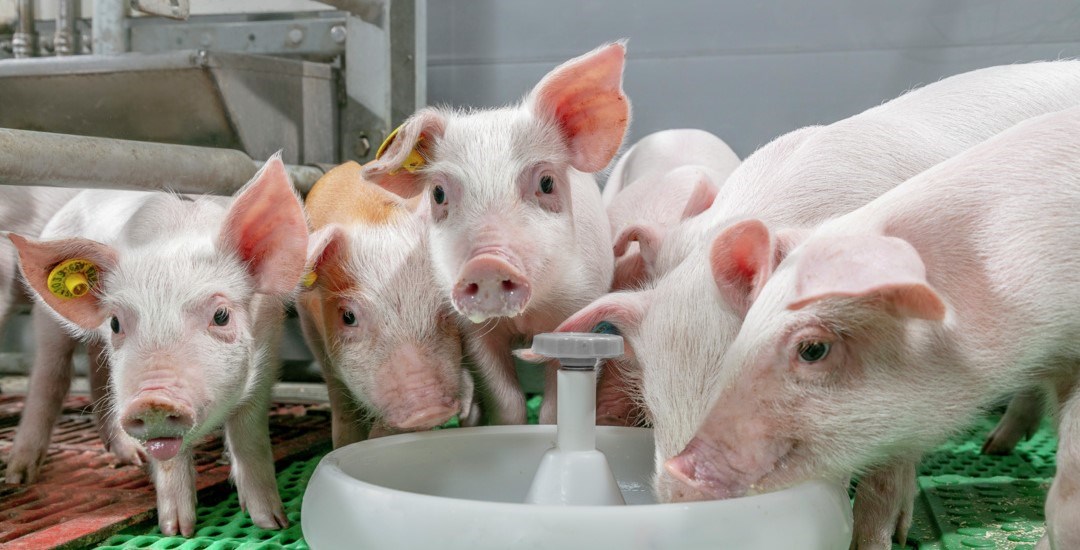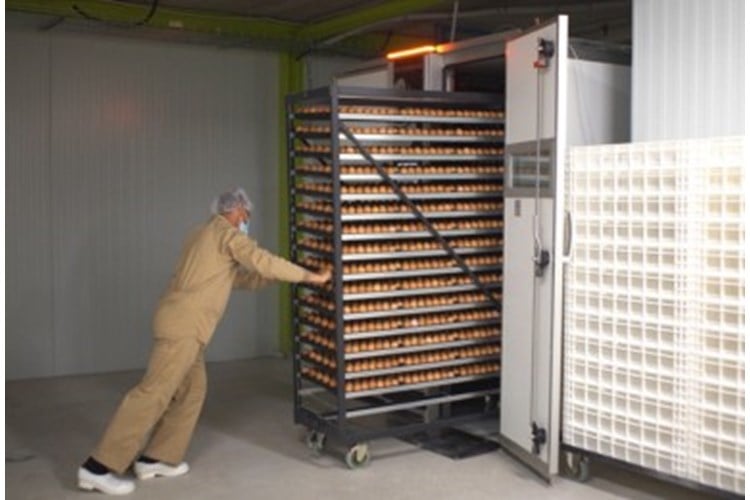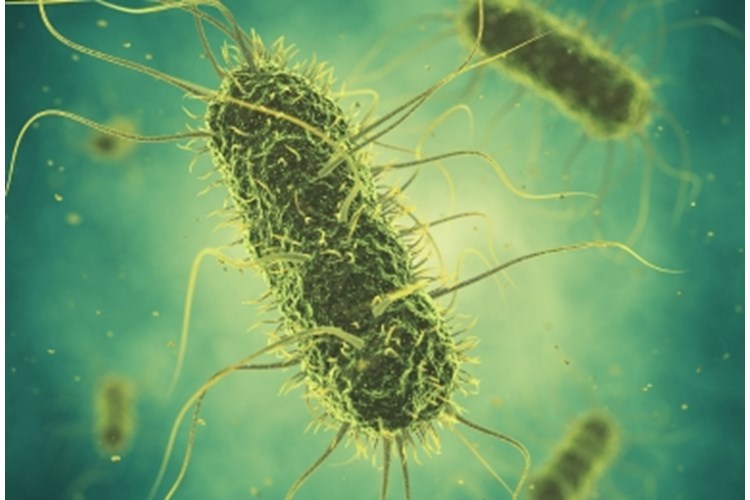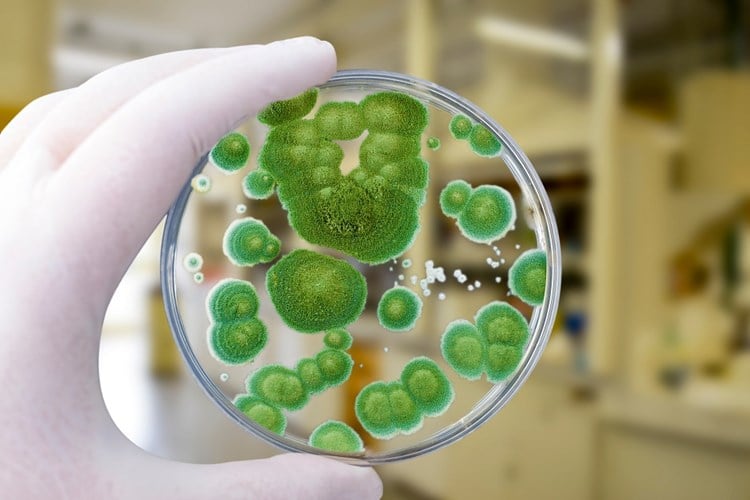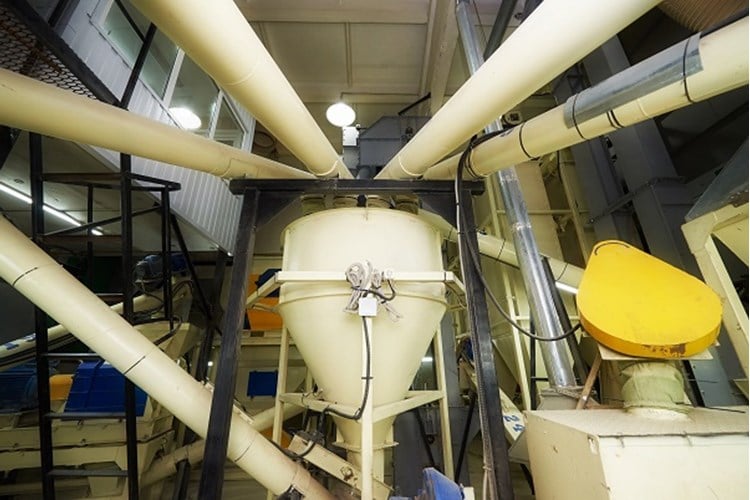
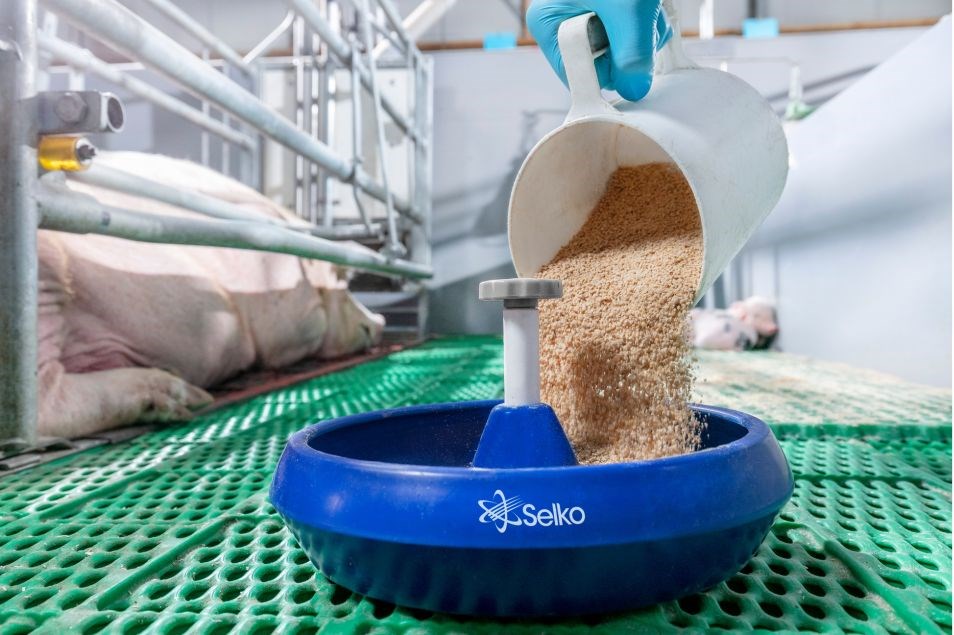
Feed safety & quality
If you are a swine producer who mixes your own feed or uses liquid feeding systems, keeping the microbial load low and nutritional value high is of key importance – especially when using liquid by-products from the food and beverage industry, which can quickly degrade due to yeast development. Microbes such as moulds and Salmonella can impact animal performance, and moulds can produce mycotoxins that harm the gastrointestinal tract and immune system. Swine producers should implement strategies to maintain feed hygiene, safe drinking water and high quality to mitigate the risks of harmful microbes and mycotoxins.
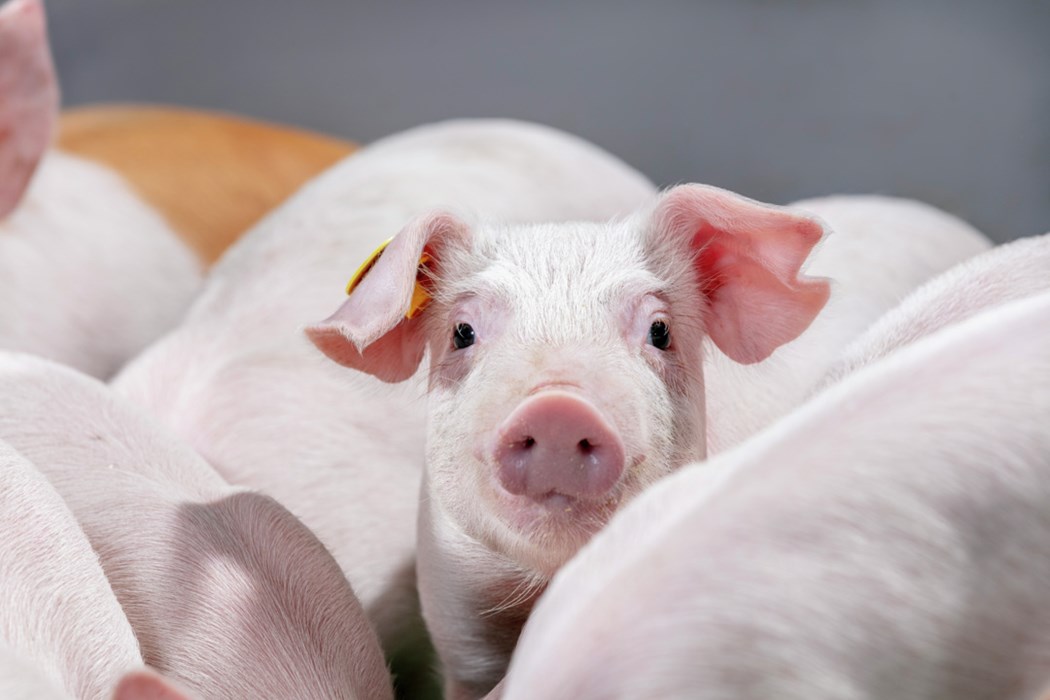
Health and performance
The health status of a pig production farm has a strong influence on its animals’ performance and the farm's financial results. Having a stable, diverse microbiota and a strong gut wall are important for gut health and animal performance, especially in an antibiotic-reduced or antibiotic-free production system. And from an animal welfare perspective, reducing the risk of antimicrobial resistance (AMR) helps assure antibiotics are available for responsible use when necessary to treat animals.
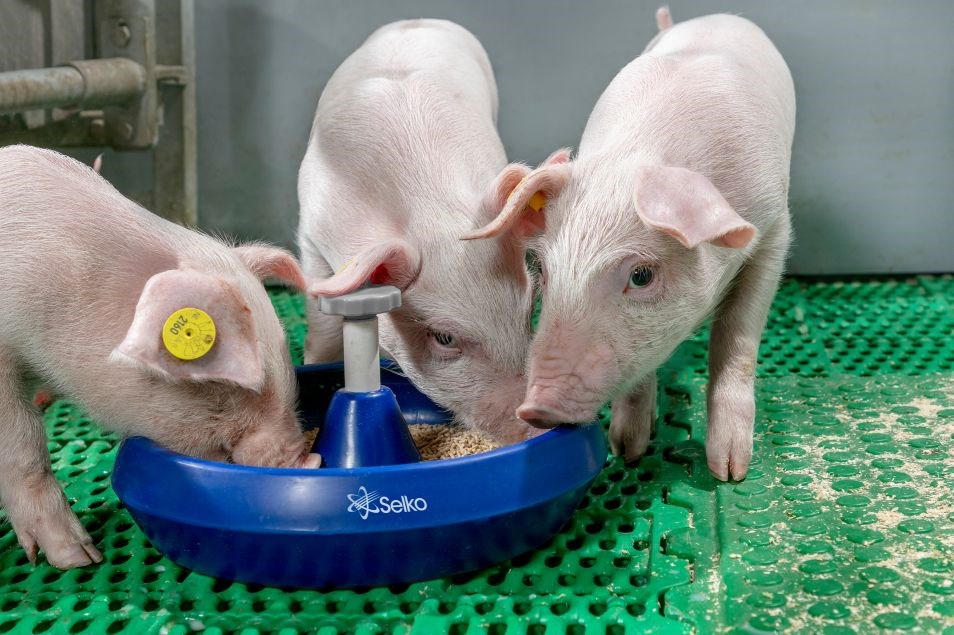
Mineral utilisation
Trace minerals are an essential part of a pig’s diet for optimising health, wellbeing and performance. However, it is extremely important to select the right trace minerals sources – many commercially available sources are highly soluble and reactive, causing them to be excreted, rather than absorbed by the animal. Hydroxy trace minerals are developed to provide a source of concentrated, bioavailable trace minerals at a lower price point.
